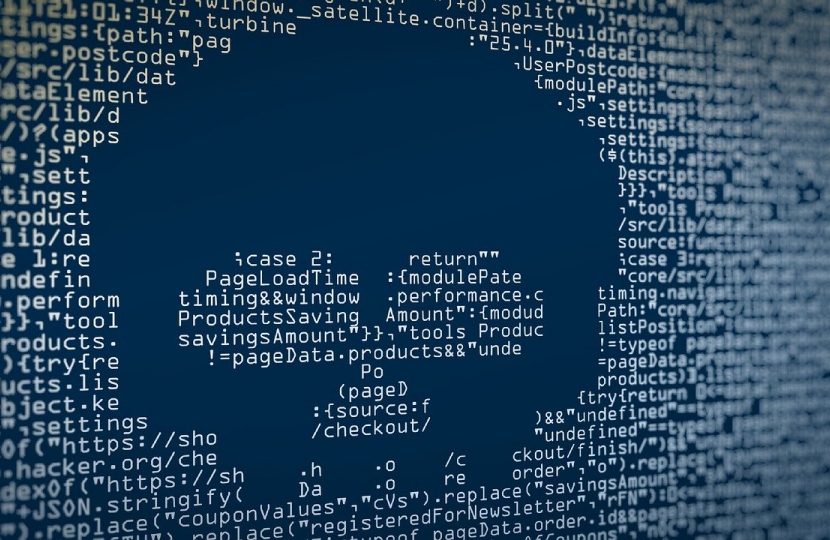
Information Operations seek to master the enemy’s operating space; to limit their ability to act, move and communicate. On the internet, hackers hold a wealth of expertise and experience – yet we have failed to lever them effectively.
This article was published on DefenceIQ.
With this in mind, what are the key motivations for hackers to work with us in the interests of national security?
Hackers’ motivations can vary significantly. However, there are some common drivers: the risk / reward balance that can be found at hackers’ own fingertips, and the intoxicating power behind ‘the art of the hack’.
Rather than breaking down the motivations for individual hackers, it’s helpful to look at the underlying motivations that are present across all hackers. At this point, we’ll put aside malign state-sponsored hackers, as their motivations differ entirely from the 'average hacker'.
First, let’s look at the risk / reward balance. A hacker can create and adopt a virtual persona for themselves online, which is a considerable draw as it gives them the opportunity to create a notion of oneself that can be completely alien to the individual’s real-world identity. Through social media, the online community, and the inherent infamy of hacks, individuals can create a more desirable and alternative projection of self. One with great social currency within this subculture.
The online community rewards risk-taking behaviour. However, hacking allows individuals to perceive themselves as minimising the potential risks of their activity for themselves. Hackers, whether they are hacktivists, black hat hackers, or any other form, perceive life as dull – yet through hacking they can seek adventure while securing social status, in a way that suits them.


